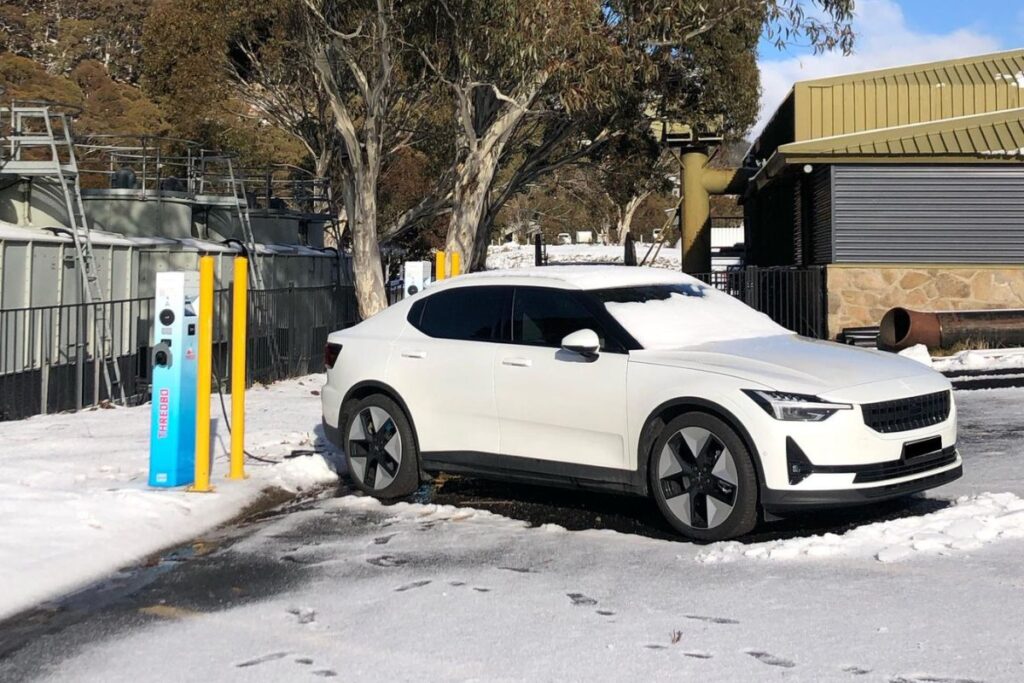Have you ever noticed that your vehicle may take longer to charge in winter, or just doesn’t reach its usual range? Don’t stress you’re not alone, cold weather does have effects on your electric vehicle’s battery.
EV batteries operate best at moderate temperatures of between 20°C and 25°C. When the temperature drops, the chemical reaction inside the battery slow down. This not only affects how efficiently energy is transferred but also how quickly your car can charge. Therefore, your car is likely to take longer, and reaching a full state of charger (SOC) may take longer than usual.
The range of your vehicle can also be affected by cold weather. Why? Because more energy is needed to heat your vehicles battery and maintain cabin comfort. That extra energy usage means your car has less power to spare for driving.
Planning ahead is important
If you’re planning to charge overnight, it’s worth checking the weather forecast. On especially cold nights, try to plan your EV charging so the battery finishes just before you need to leave in the morning, this ensures your vehicles battery stays warm and ready to go.
Another useful tip is to keep you SOC above 20%. This gives the battery a little breathing room and helps maintain performance, especially if the temperature drops further.
Long term effects on your battery
The good news is that cold weather will not permanently impact or damage your vehicles battery. The changes in charging time and range are temporary and will return to normal when temperatures increase.
The takeaway
Now that you’re aware of how cold weather can affect your EV’s battery, it’s worth taking a few simple precautions, like charging strategically, and keeping your battery above 20% to help keep things running smoothly. Winter doesn’t have to be an issue for EV drivers, with a little planning ahead, your EV can handle the cold just fine.



